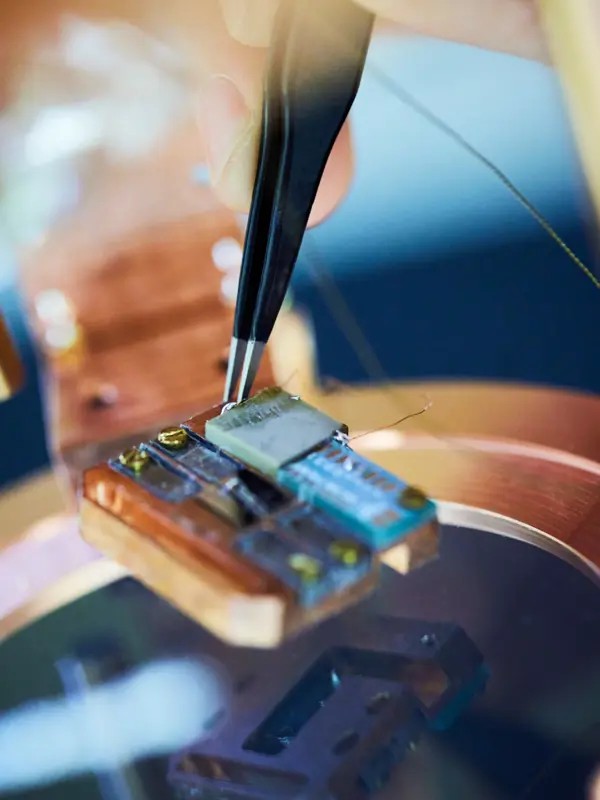
Mechanical systems have for a long time been regarded as exemplary classical objects. Motivated by the idea of detecting gravitational waves in the 1960’s, physicists started to ask fundamental questions about the possibility of measuring the displacement of mechanical systems at the fundamental limit of precision dictated by quantum mechanics. In the year 2010, this goal was finally achieved when the motion of a microfabricated micromechanical resonator was brought to its quantum ground state. Nowadays, quantum control of mechanical motion has reached unprecedented levels and spans objects of 12 orders of magnitude in mass: from the motion of individual atoms to the one of micromechanical resonators.
These exciting advances pave the way for exploring a completely novel parameter space in terms of mass and size for quantum experiments. Since mechanical systems have an appreciable mass compared with many other quantum systems, they can be used to probe the transition from quantum to classical behaviour and may even provide a viable route to test the low-energy limit of quantum gravity. Recently, they have been proposed as novel detector technologies for dark matter, probing hitherto unexplored parameter spaces. Naturally, quantum mechanical systems also enable quantum technologies, foremost quantum sensors. They may act as the link between optical and microwave photonics required for connecting distributed quantum processors.
The purpose of this symposium is to bring together international leading experts and innovative newcomers in both fundamental physics and emerging applications of the quantum control of mechanical systems. A key goal is to provide an overview of the latest scientific developments and to facilitate discussions of the common challenges and future opportunities in the field
About the Nobel Symposium
Nobel Symposia are proposed by the Swedish academic community and, upon approval by the Programme Committee of the Nobel Foundation, funded by the Royal Swedish Academy of Sciences. The Nobel Symposia are international conferences at the highest scientific level, bringing Swedish researchers in direct contact with the international research frontier. Since the start in 1965, more than 180 Nobel symposia have been held.
Nobel Symposium NS194 "Quantum control of mechanical systems: from fundamental research to technological applications" is funded by the Royal Swedish Academy of Sciences and organized by Chalmers. The Nobel Symposium was made possible with additional support from the Wallenberg Center for Quantum Technology (WACQT). WACQT is a 12 year SEK 1 billion research programme supported by the Knut och Alice Wallenberg stiftelse. WACQT aims to take Swedish research and industry to the forefront of quantum technology.
Organizing committee
Witlef Wieczorek, Prof., Chalmers University of Technology
David Haviland, Full. Prof., KTH Royal Institute of Technology
Sofia Qvarfort, Researcher, Stockholm University
Raphaël Van Laer, Assist. Prof., Chalmers University of Technology
Igor Pikovksi, Assoc. Prof., Stockholm University